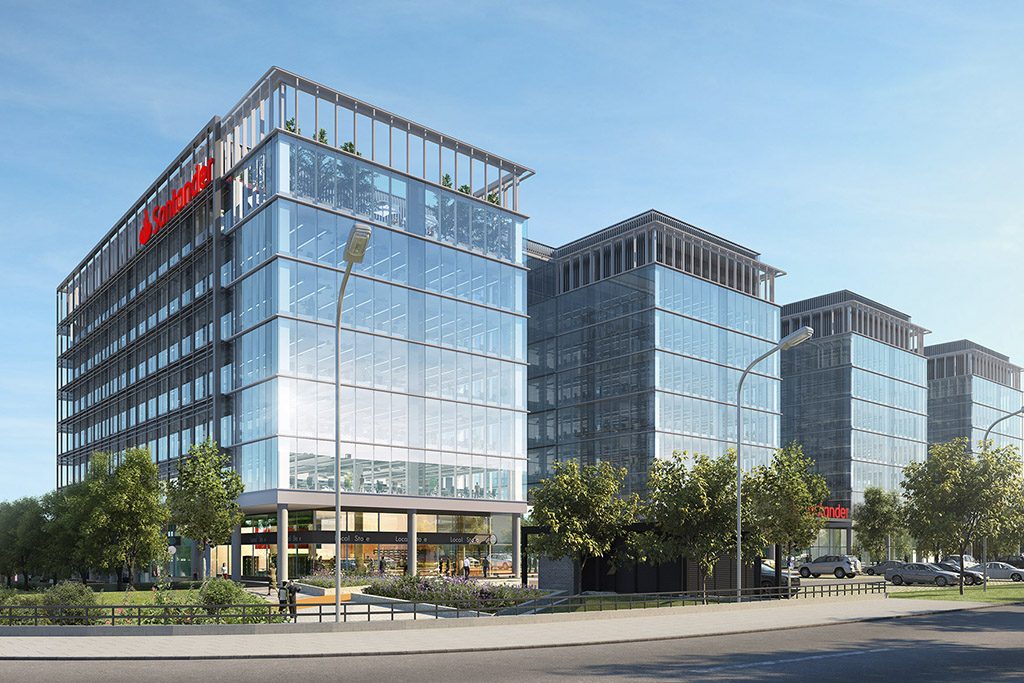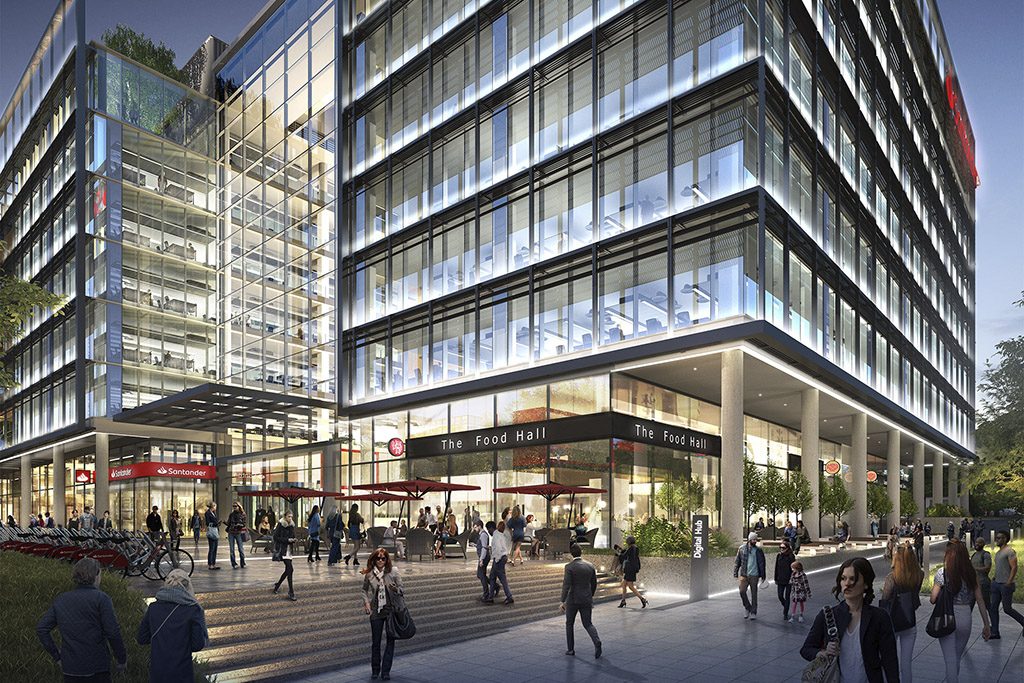Milton Keynes, once primarily recognized for its distinctive roundabouts and concrete cows, is now at the forefront of technological innovation in the United Kingdom. Strategically situated between London, Oxford, and Cambridge, the city has transformed into a dynamic hub for technology and innovation, attracting startups, established tech firms, and a skilled workforce.
Strategic Location and Infrastructure
Milton Keynes’ central location offers unparalleled connectivity. With direct train services to London in under 35 minutes and proximity to five international airports within a 90-minute drive, the city is ideally positioned for business operations and talent acquisition. Recent infrastructure developments, including the East-West Rail link, aim to further enhance connectivity between Oxford, Milton Keynes, and Cambridge, fostering greater collaboration within the region’s tech corridor.
Thriving Tech Ecosystem
The tech sector is a significant contributor to Milton Keynes’ economy, accounting for approximately £3.4 billion in Gross Value Added (GVA) as of 2022. The city is home to over 2,400 tech-related businesses, employing around 45,000 individuals, which constitutes 18% of all businesses and 30% of the total workforce in the area.
A. Autonomous Vehicles: Milton Keynes hosts the world’s largest fleet of autonomous delivery robots, operated by companies like Starship Technologies. The city also serves as a testing ground for self-driving shuttles and remote-controlled car services, leveraging its grid-like road system for efficient trials.
B. 5G Connectivity: The MK:5G initiative has established a private, standalone 5G network across the city, facilitating advancements in Internet of Things (IoT) applications, smart city functionalities, and real-time communication for autonomous vehicles.
C. Smart City Initiatives: Milton Keynes has implemented various smart city projects, including intelligent transport systems, energy-efficient infrastructure, and urban management solutions, positioning itself as a model for sustainable urban development.
Educational and Research Institutions
The city’s commitment to education and research is evident through institutions like the Open University and the forthcoming Milton Keynes University (MK:U). These institutions, in collaboration with industry partners such as Microsoft and Cranfield University, offer programs focused on digital and technological disciplines, ensuring a steady pipeline of skilled professionals.
Government Support and Investment
Milton Keynes City Council actively supports the tech sector through initiatives like the Protospace Digital Hub, which connects and promotes local tech businesses. The council’s five-year Technology, Smart City, Digital, and Creative Industries Strategy aims to bolster the city’s global reputation as a center for innovation.
Economic Growth and Quality of Life
The city’s economic vibrancy is reflected in its high average salaries, with workers earning an average of £40,596, surpassing the national average. Milton Keynes also boasts one of the highest rates of new business startups, with 56.7 startups per 10,000 people, ranking third in the country.
In terms of housing, the city offers more affordable options compared to neighboring Oxford and Cambridge, making it an attractive destination for professionals and families alike.
Conclusion
Milton Keynes has successfully transitioned into a leading tech hub in the UK, driven by strategic location, robust infrastructure, a thriving tech ecosystem, strong educational institutions, and proactive government support. As the city continues to innovate and attract talent, it stands poised to play a pivotal role in shaping the future of technology and urban development in the United Kingdom.














